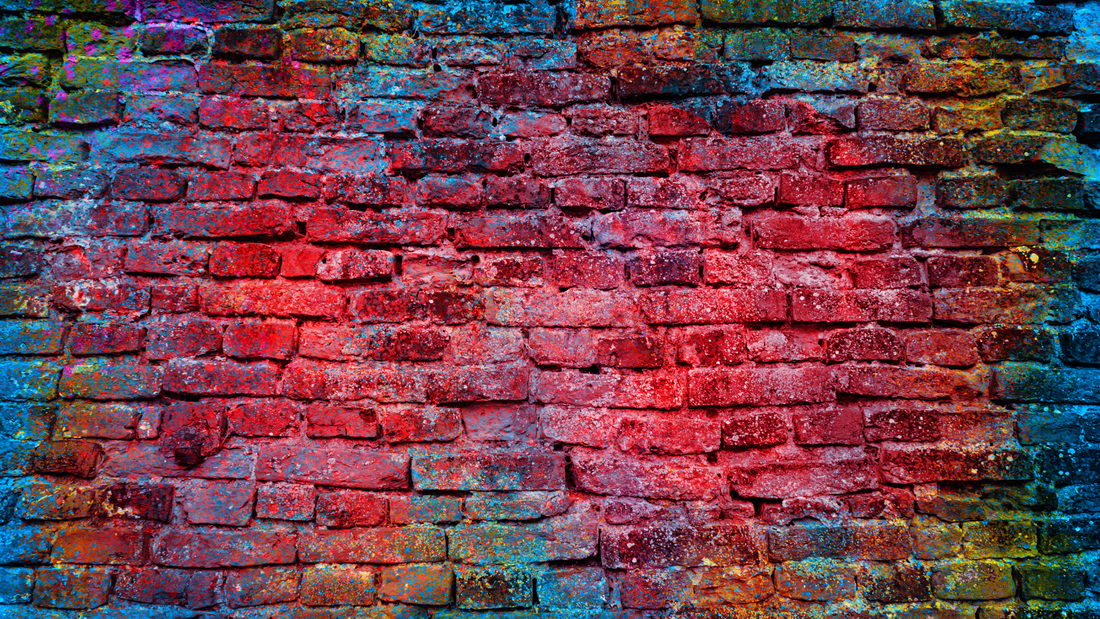|
Last week, the U.S. District Court for the Western District of Washington at Seattle handed down a ruling that drew a sharp line between constitutionally protected speech and acts of vandalism on public and private property.
The case, Tucson v. City of Seattle, had to do with a city ordinance that held a person is guilty of property destruction if he or she intentionally damages the property of another and writes, paints, or draws on any public or private building, structure, or personal property owned by any other person. Though a seemingly straightforward proscription on public or private acts of vandalism, overly broad and vague language within the ordinance made it susceptible to legal challenges. What about washable paint or chalk? What about some public spaces, like sidewalks, on which people routinely chalk messages? The case involved plaintiffs who wrote political messages critical of the Seattle police department in charcoal both on public sidewalks and on temporary walls outside the police precinct. The court preliminarily enjoined the ordinance, concluding that “Plaintiffs have demonstrated a strong likelihood of success on the merits of their First Amendment overbreadth argument.” The problem with the ordinance is that it, as the court stated, is so broad that it “criminalizes innocuous drawings (from a child's drawing of a mermaid to pro-police messages written by the Seattle Police Foundation that can hardly be said to constitute ‘visual blight’ and which would naturally wash away in the next rain storm.” We are pleased by the court’s ruling and agree that in cases involving reasonable restrictions on the First Amendment, such as the defacing of property, there needs to be clearly-defined boundaries that give maximal protection for free expression. Without these protections, laws risk curtailing a host of valid speech. Such was the case of a 13-year-old girl in 2019, who inadvertently used spray paint instead of washable chalk paint during a climate protest at Seattle City Hall. A man was also arrested in conjunction with the incident for mistakenly providing the girl the wrong kind of paint. The girl was eventually released to her parents, but not before the Seattle Police Department was criticized for arresting her instead of using the incident as a teachable moment. Some felt that incidents where damage is clearly not intended, if the girl had used the correct washable spray paint, should not receive the same severity as other clearly malicious actions. Others point to the damage, which is egregious. Going forward, legislators should clearly define terms and limits when drawing the line between First Amendment activities and vandalism. Comments are closed.
|
Archives
June 2024
Categories
All
|
ABOUT |
ISSUES |
TAKE ACTION |



 RSS Feed
RSS Feed